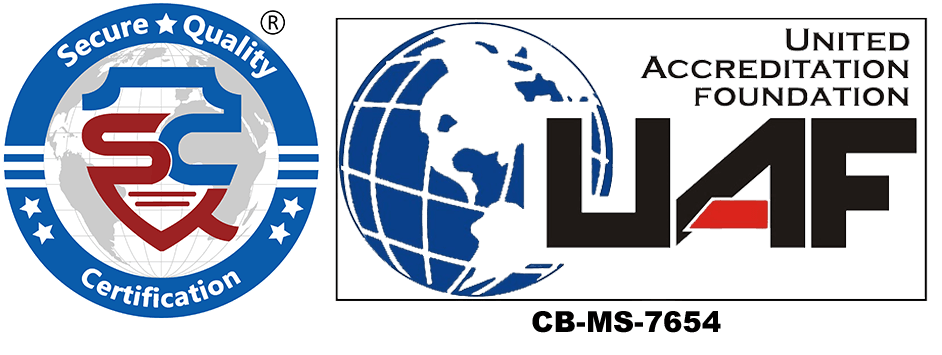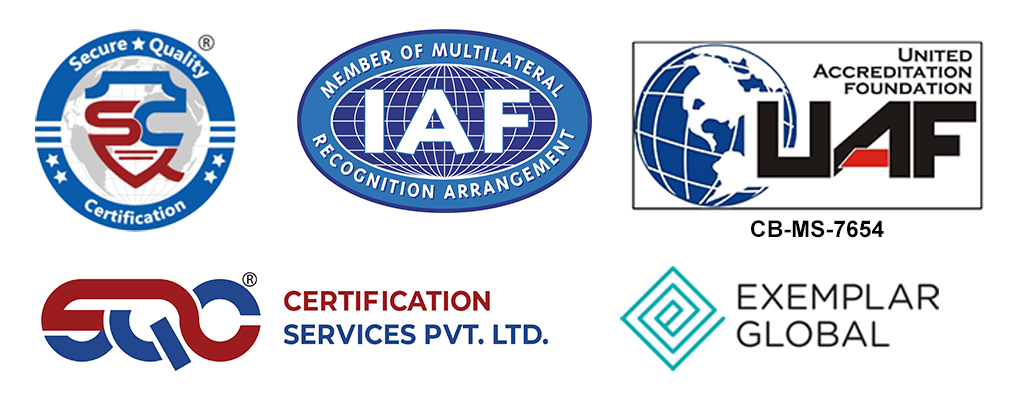Fraud Alert – Unauthorised Email Use
SQC has come to know that fake email was created (sqccertificationservicesuaf@gmail.com) by an unauthorized person with the intention of harming the reputation of our organization our name and email address are being misused for unauthorised marketing. These messages are fraudulent and not sent by us. Please do not respond or share personal information. Report suspicious emails immediately to our official contact for verification



